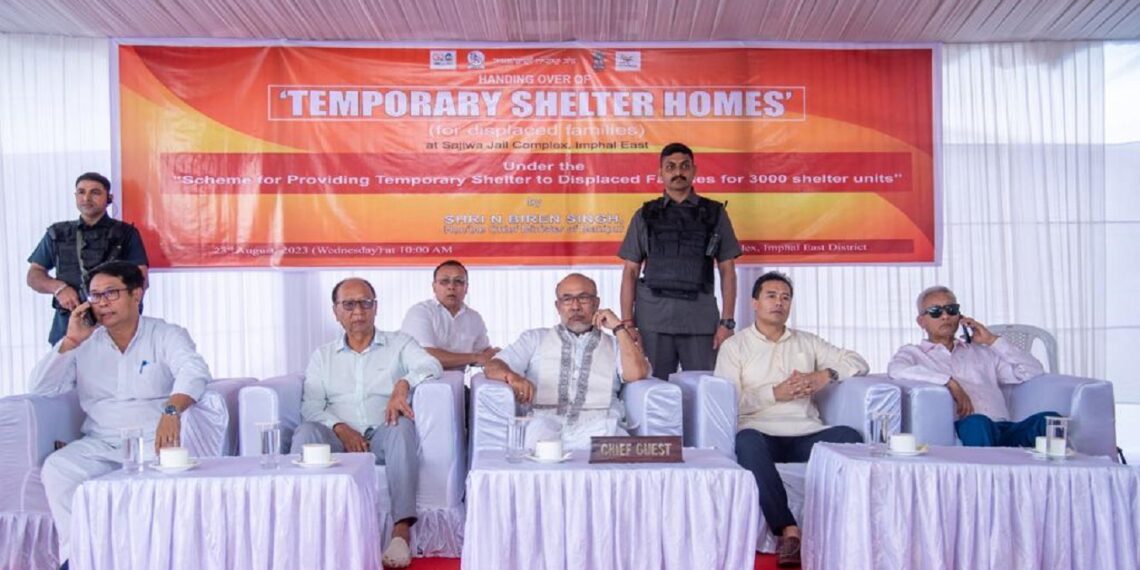GUWAHATI: In a unified stance against the Manipur government’s action, journalist organisations across the country have come forward to condemn the filing of FIRs against four members of the Editors Guild of India (EGI).
The Foundation for Media Professionals (FMP), on Tuesday, issued a statement expressing their disapproval of the N Biren Singh government’s move. The FMP warned that “the culture of filing FIRs against journalists in such cases, if not checked, is going to be the death knell of all journalism in India.”
The FMP’s statement highlighted that such actions are “incompatible with the Indian Constitution and democratic values”, raising concerns about the implications for freedom of the press.
Similarly, the Indian Women Press Corps (IWPC) criticised the FIR against EGI, highlighting the organisation’s consistent support for media rights. The IWPC urged the Manipur government to drop the charges, noting that such actions ill befit the world’s largest democracy.
Earlier, the Press Club of India (PCI) had also condemned the action taken against EGI members, characterising it as an attempt to intimidate the country’s top media body. The PCI drew attention to the use of Section 66A of the Information and Technology Act, which has been invalidated by the Supreme Court.
The controversy began on September 4 when the Manipur government filed an FIR against the President and three members of EGI. They were accused of attempting to incite unrest in the state with their publication of a “totally one-sided” report. Chief Minister Singh had criticised EGI, stating that the organisation had failed to comprehend the complexities of Manipur’s ongoing crisis.
The FIR targeted EGI President Seema Mustafa, along with senior journalists Seema Guha, Bharat Bhushan, and Sanjay Kapoor. These journalists had visited Manipur in early August to assess media reporting on ethnic violence.
During a press conference in Imphal on Monday, Chief Minister Singh accused the individuals of arriving in Manipur with preconceived biases, labelling them as “anti-state, anti-national, and anti-establishment” figures seeking to sow discord. The FIRs and the ensuing condemnation by journalist bodies have sparked a debate on press freedom and the role of media in reporting on sensitive issues.















